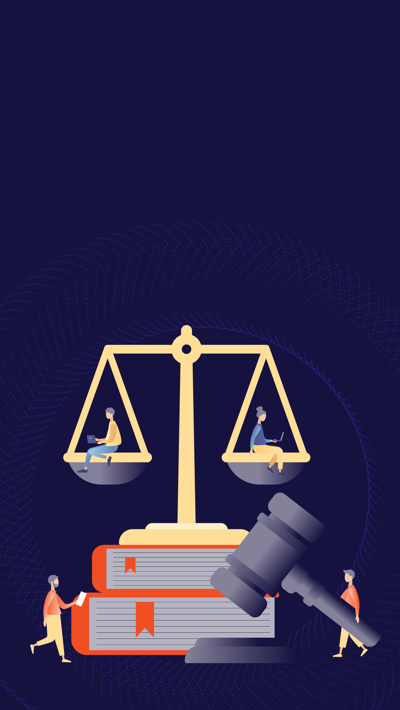Contents
Even if New Zealand manages to contain Coronavirus as a health threat, it will be at huge economic cost. That trade-off is already obvious and is inescapable.
We now know what the Government and the Reserve Bank will do to try to nurse the economy through the COVID-19 crisis. But much will also depend on the foresight and leadership exerted through corporate boardrooms.
We look at some of the factors boards will need to consider.
The COVID-19 virus presents many difficult and complex challenges for directors. Essentially, directors need to keep their people safe and they need to maintain the business. And they need to accomplish these two tasks in a unique, uncertain and stressful environment.
The dilemma for directors is that the only way governments can control the COVID-19 virus is for economic activity to grind almost to a halt. Most companies will seek to endure: continue operations with a tight control on costs until economic activity returns to normal. That strategy requires liquidity – those companies should be in discussions with their lenders to ensure that they have working capital facilities available.
But will responsible lenders and responsible boards allow a company to continually increase debt levels while incurring substantial losses? Will the banks themselves have sufficient liquidity? And even if they do, will the law allow directors to incur debt that the company may not be able to repay? At what point will increased borrowing become reckless trading (by directors) or reckless lending (by banks)?
So what should directors do?
Forecast and monitor
Because no one knows how long the epidemic will last, businesses need forecasts that look out three months, six months, nine months and a year. Prepare a low case, medium case and high case forecast for each time period, and prepare a business plan based on each forecast.
The board should carefully monitor the trading performance against each forecast. This will allow a board to determine if and when a company will run out of money in each scenario and how significantly operating cost reductions will affect that liquidity analysis.
Subsidiaries and joint ventures matter too
Typically, boards think on a consolidated basis and groups of companies operate on a cash pooling basis. But in times of distress, and in determining whether directors have complied with their directors’ duties, the law views company groups on an entity by entity basis.
Directors will need to think about:
- whether a subsidiary should pay money to a parent to be used in another part of a group if it is at risk of not having sufficient cash available to meet its own liabilities, and
- whether the board wishes to continue to fund speculative subsidiaries or joint ventures.
Consider the spectrum
While the endurance approach may be the preferred plan, the company should work through the spectrum of options and carefully consider each of them.
This will include:
- whether shareholder support will be available
- whether operational cost reductions can be implemented
- whether government or industry support may be available, and
- whether your key stakeholders may be able to provide any other form of assistance/relief.
Who are you reliant on?
The board should consider whether the company is dependent on any key supplier, customer, joint venture partner or business partner and whether there are alternative options available should that supplier, customer, joint venture or business partner fail.
The board should ensure that the company engages with those key parties so that it can understand and respond to any risk of failure.
Analyse the balance sheet
Operating cost reductions can be traumatic, time consuming and slow to impact on cash flow (redundancy processes/winding down unprofitable operations). The reductions may also mean that the business is poorly positioned to take advantage of the inevitable economic improvement.
Restructuring financial obligations may prove to be more efficient and flexible. The company should consider its financial position with lenders, landlords, financiers and Inland Revenue. Financial creditors may be prepared to amend repayment terms, defer payments, switch to interest only etc. Implementation of these sorts of steps will have an immediate positive impact on liquidity.
Tell the truth
Desperate people do desperate things. Very often, directors and executives convicted in criminal prosecutions were acting to cover up something or to convey a false reality.
Directors need to be honest and forthright with employees, customers, suppliers, financiers and the government. Once trust is lost, support for a distressed business evaporates.
Restructure vs liquidation
Some companies will lose too much revenue and have too much debt to survive. For the directors of those companies, it may be that the business can be saved in a new capital structure and/or a new corporate entity.
There are a number of restructuring tools that can be used: debt can be forgiven, rescheduled, converted into equity. Sophisticated financial creditors understand that by giving a business the benefit of time they are likely to get a much better return than from immediate liquidation. Voluntary administration will provide a particularly useful tool for companies to obtain relief from their creditors while they restructure their balance sheets within a mandated timeframe.
For further information, please get in touch with one of our contacts listed.























































































































































